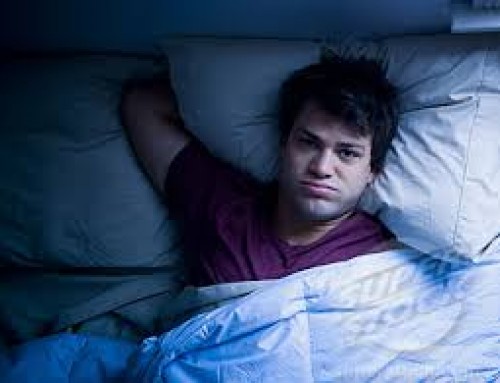A new study now suggests that sleeping with the lights on is a bad sleeping habit which could lead to a shorter and less relaxing sleep.
Reuters reported on the study first which was published in the journal of Sleep Medicine showing how sleeping with the lights on can lead to more frequent waking up in the middle of the night. It also affects brain oscillations which are linked to sleep depth causing a more shallow sleep.
Whenever the participants in the study slept with the lights on, it was observed that they had shallower, stage 1 sleep and less slow wave sleep, as well as more frequent arousals during sleep. While this study showed how lights can have a negative impact on during sleep, past research has shown how lights before sleep can also take a toll. Artificial light stimulates the brain and arouses it making it difficult to fall asleep.
According to the National Sleep Foundation, an optimal sleep environment is important to have a good night’s rest and at the top of that list is keeping a dark bedroom before heading off to dreamland.
If you can’t avoid lights during the evening, here are some tips for better sleep:
1. Try light blocking curtains, shades or blinds.
2. In case you always end up waking up earlier than you like, increase your exposure to bright light in the evening. This might make sleep a bit more difficult but one to two hours of bright light in the evening can help you sleep longer in the morning.
3. Use a low illumination night light if you really need to have some source of light every evening.
Also, when you want to create an ideal sleeping environment, you have to keep the noise down. It’s easy to say but harder to do especially when you’re in a neighborhood which has a lot of loud neighbors, city traffic, or some people in your house are just too noisy. If that’s the case, try masking those sounds with a fan, recordings of soothing noises or white noise. Earplugs may also help.
A dim and cool room at night can also do wonders for your sleep. Most people are more relaxed in a slightly cool room with adequate ventilation. But be careful not to overdo it as extremes of temperature, whether too cold or too hot, can interfere with your sleep quality.
And finally, make sure you’re lying on a comfortable bed. After all, a low-noise, cool and dim room won’t matter much if your bed is too lumpy and you end up waking up with a sore back every midnight. Invest in a quality mattress or you can try a different pillow.
For more tips and a more holistic approach to improving your sleep, schedule an appointment with Rebecca Ginder. Call (561) 450-5255 today.



